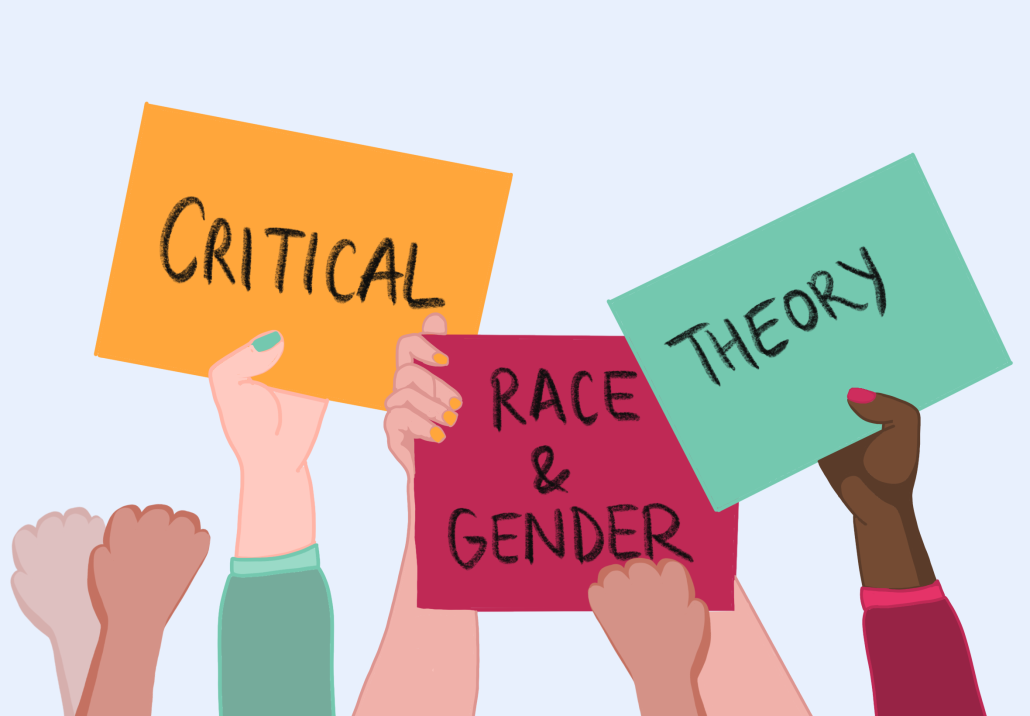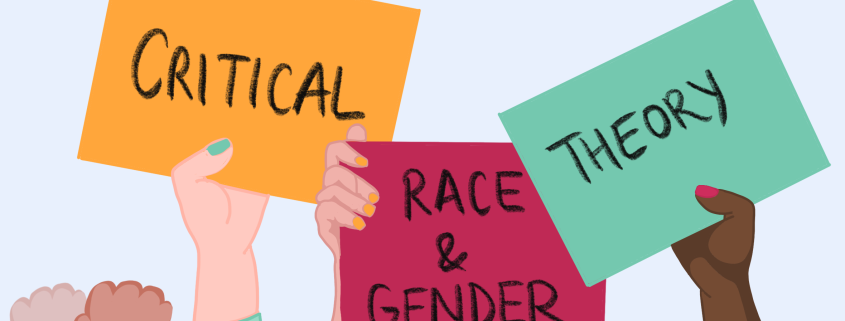Do universities stifle intellectual freedom?

On Sept. 30, geophysicist Dorian Abbot’s public lecture on climate change at the Massachusetts Institute of Technology was canceled after Abbot’s views on affirmative action caused outrage and angry protests by MIT faculty and graduate students.
Abbot has publicly criticized race-based admissions, arguing in an opinion piece he wrote for Newsweek that diversity, equity and inclusion initiatives are a top-down, imposed regime that “seeks to increase the representation of some groups through discrimination against members of other groups” and violates the true principles of equality by “treating people as members of a group rather than as individuals, repeating the mistake that made possible the atrocities of the 20th century.”
Abbot maintains that the underlying premise of DEI, which he defines as the idea “that any statistical difference between group representation on campus and national averages reflects systemic injustice and discrimination by the university itself,” is a fundamental distortion of the truth.
In lieu of DEI, Abbot advocated for a system where college applicants are selected based on merit alone, without any consideration of group membership, legacy or athletic admissions. In an interview with Inside Higher Ed, Abbot said, “It’s worth stating what happened again: A small group of ideologues mounted a Twitter campaign to cancel a distinguished science lecture at the Massachusetts Institute of Technology because they disagreed with some of the political positions the speaker had taken. And they were successful within eight days.”
Abbot’s case reflects the underlying tension between the pursuit of social justice and the freedom of expression that exists in our society and academia today. His is only one of the 217 academic “cancellations” in the United States and Canada, according to the National Association of Scholars.
While the direct disciplinary action itself from these academic cancellations is not profound — although it can sometimes result in the suspension or firing of untenured professors — the real punishment lies in the public humiliation that ensues. For graduate students looking to enter into academia, the price is often greater, with one cancellation threatening to nip their professional careers in the bud.
It is the fear of being ostracized that has led to the now common practice of “self-censorship” in academia. In other words, ostracization is the punishment.
John McWhorter, a linguistics professor at Columbia University, wrote in The Atlantic that he has received 150 letters in the course of three weeks from professors who confess to living in a state of constant fear because their opinions do not align with the current “woke” ideology. An assistant professor wrote to McWhorter about being attacked by some progressive scholars who were regularly “mounting PR campaigns to get academics and grad students fired, removed from programs, expelled from scholarly groups, or simply to cease speaking.”
Colleges should be a fertile ground for the diversity of ideas and intellectual curiosity, but right now, we are witnessing the stifling of intellectual freedom on college campuses.
Even the most valuable idea, if reiterated ad nauseam, can lock us into tribalism and make us abandon the arduous but crucial task of independent critical thinking. The existing political bubbles in American society have already led to enough polarization and fragmentation in our nation, and we cannot let college campuses devolve into another echo chamber.
As the country’s pillars of intellectualism, institutions of higher learning should teach
students how to think, rather than what to think. Instead, universities now implicitly encourage ostracism when faced with an opposing opinion.
I implore my fellow Trojans to not bow before the majority opinion and courageously stand by their original opinions, even if they might not conform to the “official” view. Warning the dangers of silencing dissent, John Stuart Mill wrote, “If the opinion is right, [people] are deprived of the opportunity of exchanging error for truth: If wrong, they lose, what is almost as great a benefit, the clearer perception and livelier impression of truth, produced by its collision with error.”
After all, what is an institution of higher learning if the intellectualism permitted on campus is no longer unbounded or undiluted? What is a democracy without the independence of thought or freedom of speech?

